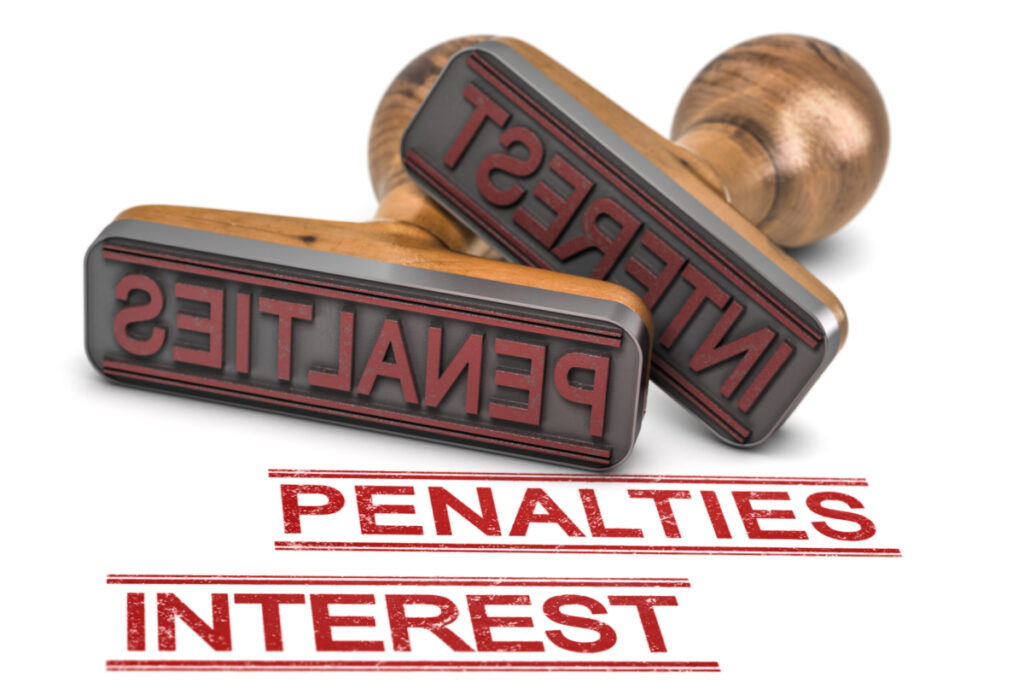Even the best of us can make a mistake or two when it comes to filing and paying taxes. Anyone from your next-door neighbor to the most popular celebrity could be subject to common tax penalties. The IRS has put in place a sophisticated system to assess different types of penalties on taxpayers whose filings and payments don’t line up with IRS expectations.
According to media outlets, celebrity Beyoncé Knowles-Carter recently filed a petition that challenges the IRS’s assessment of about $2.29 million in additional tax and $450,000 in penalties. The IRS is also assessing interest on top of these amounts.
Reportedly, Beyoncé is facing Accuracy-Related penalties for underreporting her income in 2018 and 2019. These penalties are assessed when taxpayers don’t claim all their income or when they claim deductions or credits for which they don’t qualify. The primary issues seem to relate to deductions Beyoncé claimed for business expenses and unsubstantiated charitable contributions, which were used to offset her taxable income.
We will need to wait for a decision from the Tax Court to see how this high-profile case turns out, but we can offer some guidance to help other taxpayers avoid a similar situation.
Expenses, Deductions and Substantiation
The IRS allows many types of business expenses to reduce gross business revenue. This net profit or loss from a business activity may ultimately be reported on a personal tax return. The IRS requires taxpayers to keep documentation for expenses that are deducted – including, among others, wages paid to employees and contractors, repairs, licenses, insurance, legal fees, etc. Documentation may include an account book, log, statement of expense, invoices, for example, and must prove the amount, time and place, business purpose, and business relationship of the expense.
The IRS also permits taxpayers to reduce their overall income by gifts to charitable organizations. Taxpayers must follow IRS guidelines for supporting the contributions. Substantiation of charitable contributions includes maintaining bank records, as well as written communications from the charitable organization for any gifts over $250.
The IRS provides detailed publications addressing many issues related to deductions for expenses and charitable contributions. Please refer to the resources below or reach out to a GYF Tax Executive for additional assistance.
- IRS Publication 535 – Business Expenses discusses common business expenses and explains what is and is not deductible. The chapters cover general rules for deducting and substantiating business expenses and specific expenses. Click here for more information.
- IRS Publication 526 – Charitable Contributions explains how individuals can claim a deduction for charitable contributions. The guidance details which organizations are qualified to receive contributions; the types of contributions taxpayers can deduct; how much can be deducted; what records to keep; and how to report the contributions. Click here for more information.
How to Handle Penalty Notices
In addition to Accuracy-Related penalties, the IRS commonly assesses several other types of penalties including Failure to File, Failure to Pay, and Information Return (when taxpayers don’t file an information return by the required date). On top of penalties, the IRS also charges interest on balances due PLUS penalties.
It is possible to dispute amounts charged by calling the IRS or sending a written response to a tax notice. Penalty relief may be available in some cases. Frequently, the IRS does not have correct information on account for a taxpayer, or a taxpayer is able to request penalty relief and leniency due to reasonable cause or first-time offense.
GYF assists clients with responding to IRS penalty notices and is often successful in reducing or removing assessed penalties and interest charged to taxpayers. If you need help handling IRS correspondence and penalty abatement, contact your GYF Tax professional at 412-338-9300.








